Australia’s war on free speech
The government’s plan to regulate online misinformation will have chilling implications.

A vast new censorship apparatus is being created across the supposedly free societies of the West. Human-resources managers sack staff for expressing the wrong opinions on social media. So-called fact-checkers police the internet. Authorities knock on doors to investigate ‘hate speech’. Nearly everywhere one looks today, the ability to freely express oneself is under assault.
Even the once famously freedom-loving nation of Australia is under attack from the censors. Nowhere is this more apparent than in the federal government’s determination to push ahead with its tyrannical plan to ban so-called misinformation online.
The Combating Misinformation and Disinformation Bill, first proposed by the current Labor government earlier this year, is Australia’s ill-thought-out plan to tackle fake news online. For now, the bill has been delayed from entering parliament until 2024. But, if successful, it will force social-media platforms to censor content to the satisfaction of an unelected and opaque government agency, the Australian Communications and Media Authority.
Naturally, the misinformation bill has been the subject of much criticism. Most notably from free-speech advocates, who rightly argue that the bill doesn’t really define what it’s trying to ban. The standard definition of misinformation is ‘false, misleading or deceptive’ content that ‘is reasonably likely to cause or contribute to serious harm’. What constitutes ‘serious harm’, and who decides if something is likely to cause it, we still don’t know.
So convoluted and ridiculous is this bill that Australian lawmakers have tied themselves in knots trying to make sense of it. Various exemptions have been introduced for journalists, government officials and those holding sincerely held religious beliefs. But this raises yet more questions. Who, officially, is a journalist? What if politicians really are spreading fake news? What counts as a sincerely held religious belief? In many cases, these concerns are going unanswered and the bill’s progress, thankfully, looks to be stalling for now.
Still, if the misinformation bill passes through parliament successfully, that will be very bad news for free speech. Social-media platforms will likely respond by preemptively over-censoring their users to avoid having to pay fines. These platforms will also no doubt outsource this function to the so-called fact-checkers, who are notoriously untrustworthy and partisan.
Research by the Institute of Public Affairs has shown how biased these fact-checkers were during Australia’s highly divisive, identitarian-driven Voice to Parliament referendum. Of the 187 Voice-related fact-checks conducted during the campaign, 170 (91 per cent) of them targeted the No campaign, rejecting the plan for a new Aboriginal ‘voice’. One fact-checking organisation, RMIT FactLab, never checked a single claim made by the Yes campaign – 100 per cent of its fact-checking efforts were levelled against the No side.
Free-speech advocates are right to be concerned that the Australian government may be more lenient with some types of misinformation and hateful content than others. The reality is that Australia’s censorship apparatus is quite happy to turn a blind eye to unpleasant or misleading speech when it comes from causes it favours. When a mob of pro-Palestine activists descended on the Sydney Opera House last month and chanted ‘Gas the Jews’, the police, human-rights commissioners and the rest of the censorship-industrial complex did next to nothing about it. As of right now, all the Sydney government has done is apologise and promised to restrict future marches.
The Australian authorities are also quite happy to defend misinformation in the name of trans ideology. The Tasmanian Anti-Discrimination Commission has even found the time to drag Hobart city councillor Louise Elliot before a government tribunal this month to account for a speech she gave at a women’s rights rally earlier this year. She was accused by the tribunal of ‘inciting hatred’ against trans people. Her crime? Elliot said that transwomen were and always will remain biological men – an undeniable fact that most people recognise. Clearly, some groups are allowed to spread misinformation with impunity.
This is the reality of modern censorship. The most minor violations of woke doctrine can result in you losing a job, being silenced online or getting a visit from the police. Meanwhile, genuine bigots and misinformation merchants get off scot-free. All the more reason to demand free speech for all, not just those the government approves of. Those in the West who care about free speech must speak out against this agenda of censorship now, while we are still allowed to do so.
John Storey is the director of law and policy at the Institute of Public Affairs.
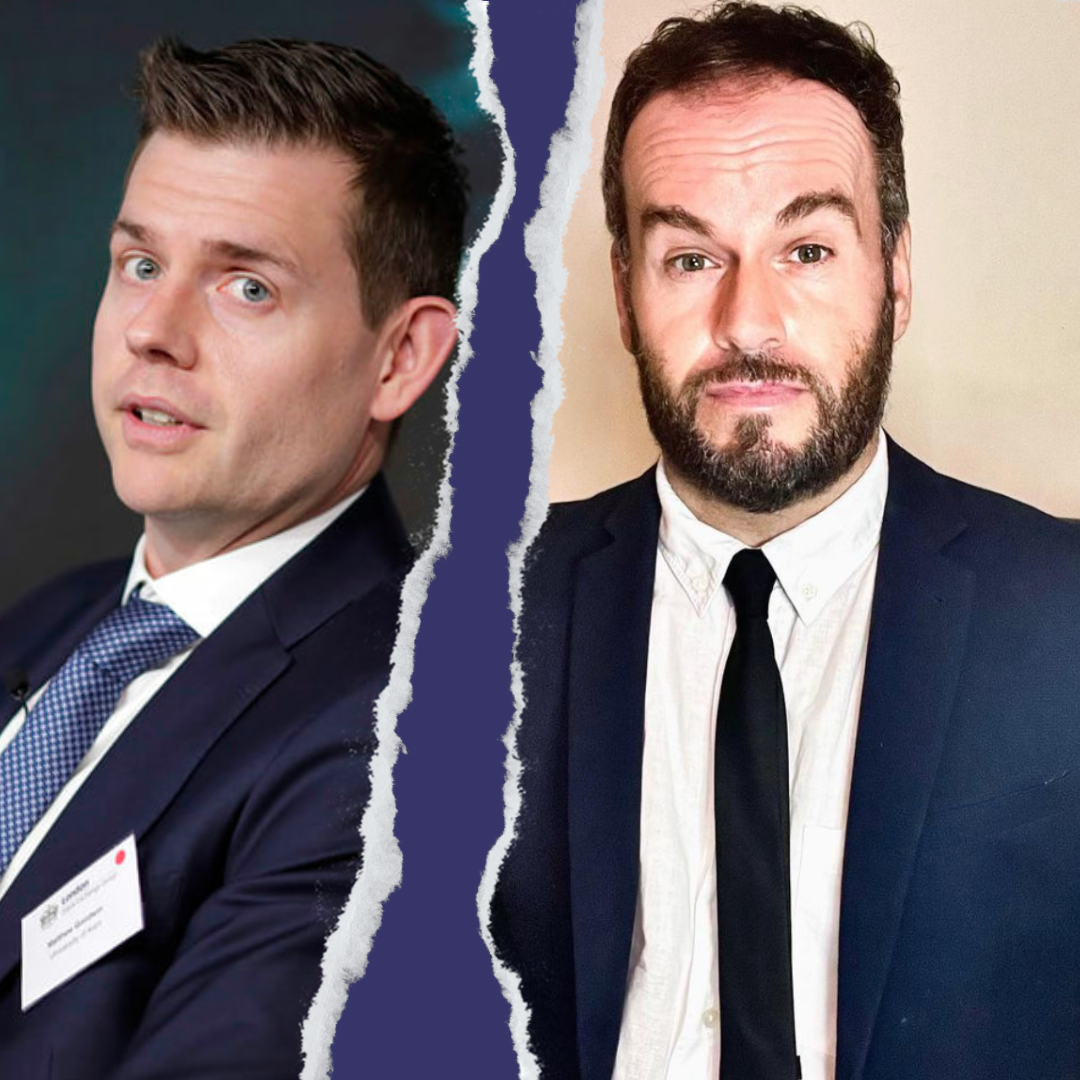
Matthew Goodwin and Brendan O’Neill – live and in conversation
Wednesday 20 December – 6.15pm to 7.15pm GMT
This is a free event, exclusively for spiked supporters.
Picture by: Getty.
To enquire about republishing spiked’s content, a right to reply or to request a correction, please contact the managing editor, Viv Regan.
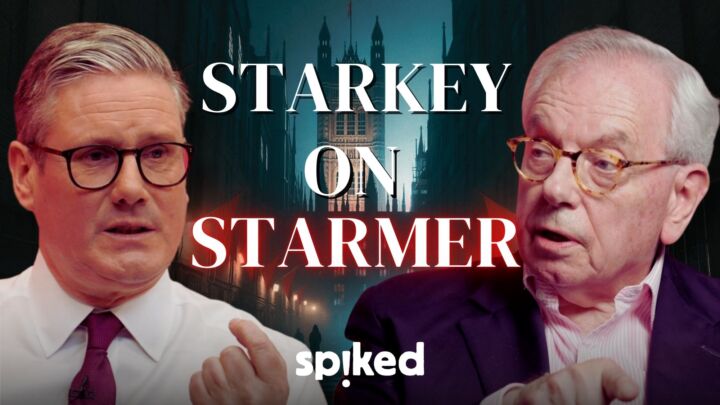
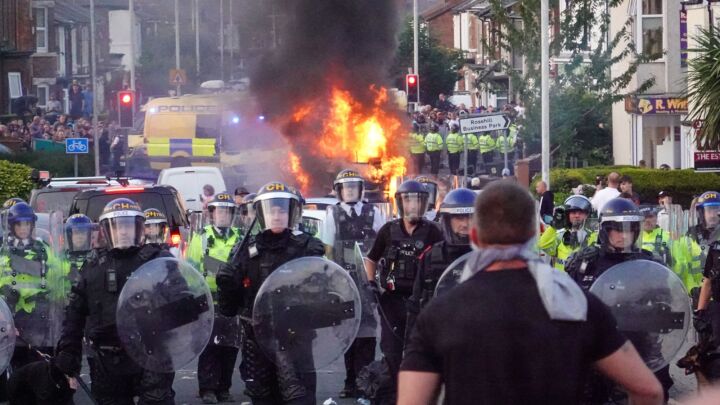
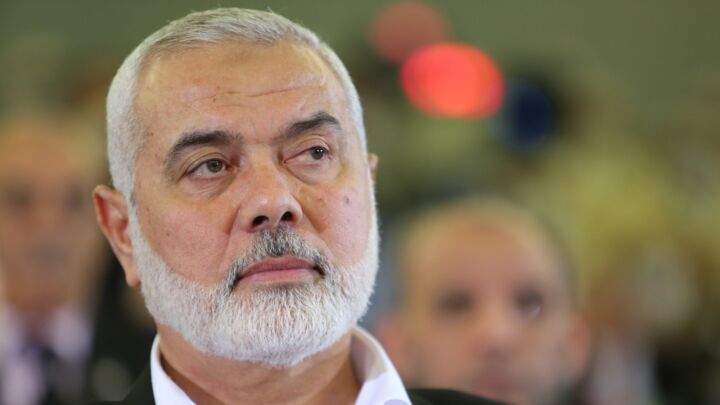
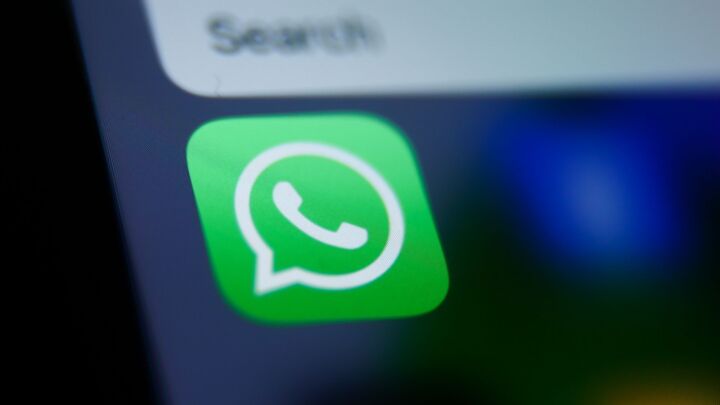



Comments
Want to join the conversation?
Only spiked supporters and patrons, who donate regularly to us, can comment on our articles.